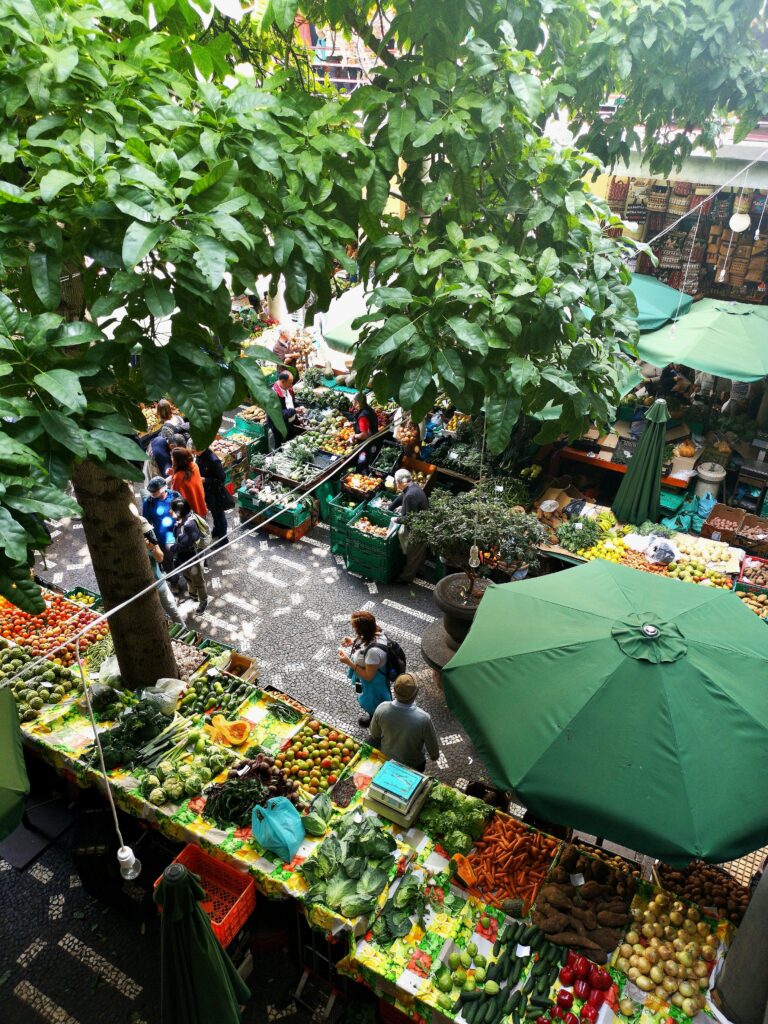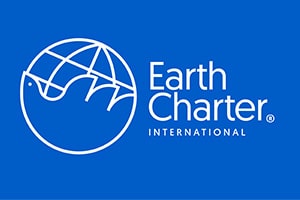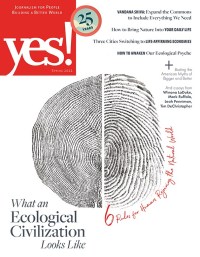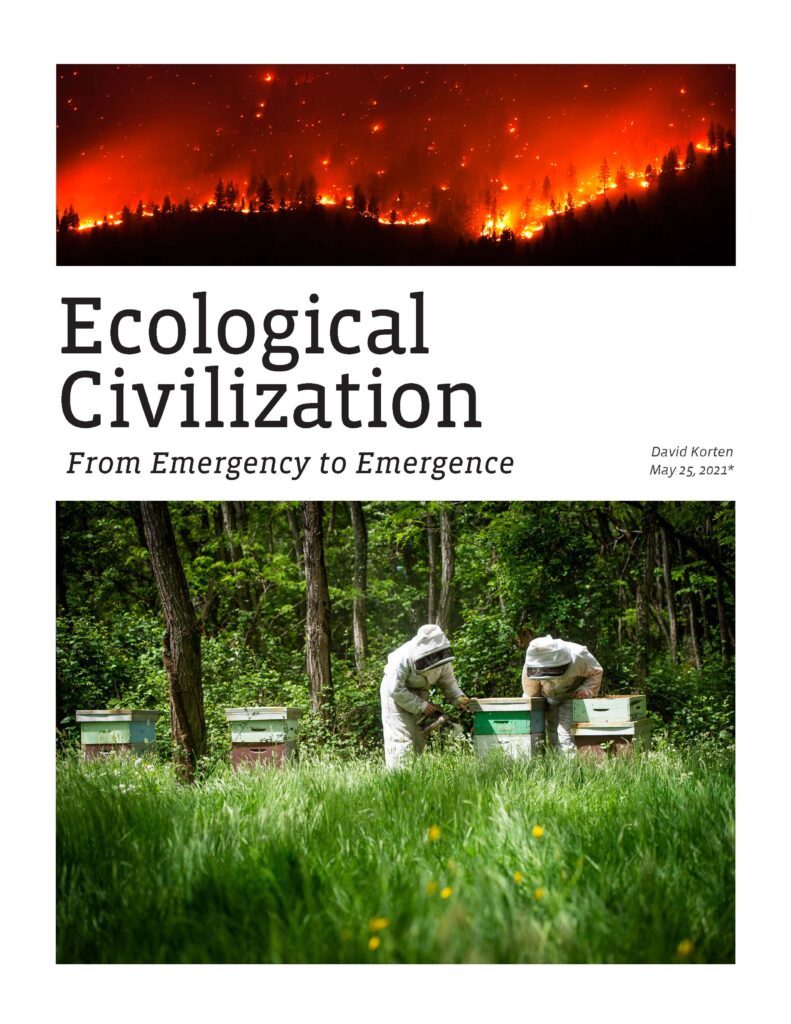December 11, 2023
Dear Friends,
I hope you were among the many to see the webinar I participated in on November 28, entitled “East and West Dialogue on Ecological Civilization.” If not, you can find a recording of the webinar on the Earth Charter International’s YouTube channel. In the webinar, I joined three colleagues, Zia Chen from China, Andrew Schwartz from the United States, and Sukhyun Park from South Korea to explore the meaning of Ecological Civilization. We shared perspectives on possible paths and driving forces to its achievement and examples of success on the pathway. You can see my responses to the webinar’s three defining questions on my website.
The premise of the webinar was that we, as a globally interdependent species, have the means to put behind us the threefold-crisis of environmental devastation, extreme and growing inequality, and war that threatens human viability. Success begins with acknowledging and confronting our self-created crisis and the imperative for deep transformational change.
I see people around the world making that acknowledgement and recognizing the need for global collaboration to achieve such a profound global transformation. That collaboration must involve millions of conversations like what the four of us had on the webinar—exploring the nature of and pathways to a shared vision of human possibility. To discuss that future, it is helpful if we give it a name.
— David Korten
_______
Ecological Civilization: Naming and Creating the Future We Want

Science tells us that we have only until the end of this decade to navigate a significant change of course. Otherwise, we will trigger tipping points in Earth’s natural systems from which there will be no return. We are not dealing with a broken system in need of repair. We are dealing with a failed system in need of replacement.
Humans are a choice-making species of extraordinary potential to imagine and to create together the future we seek. To get our future right, we must acknowledge the deeply flawed choices of our past, frame a new story of possibility, and pursue those possibilities with ingenuity and the careful use of our available resources. Moving forward requires millions of conversations at every level—from local people everywhere to global and national leadership, in the halls of government, in classrooms and town halls, in communities of faith and in bars and coffee shops. These conversations must affirm the causes of the unfolding crisis, explore the essential features of a viable alternative, and advance relevant action.
To move forward to such a future, it is helpful to give it a name. The name needs to have broad appeal, evoke a collective vision of possibility, and already have some traction in public conversation. For me, and for a growing number of colleagues, that name is “Ecological Civilization.”
“Ecological” evokes the interdependence of life on our living Earth. “Civilization” evokes a major transformation. Put these two words together and we have a fitting name for the shift to a world dedicated to caring for the wellbeing of all of life as we advance life’s unfolding evolutionary journey.
In 2018, China inserted a commitment to Ecological Civilization into its Constitution in a call to care for Earth and conserve resources. Chinese thought has long emphasized the importance of humans living in harmony with nature. South Korea has also had open discussions about Ecological Civilization as a guiding framework. And many groups around the world are using the term as they discuss the transformation that we need.
But what are the components of an Ecological Civilization? A good place to look is the Earth Charter, launched in June 2000 as the product of the most inclusive and participatory global consultation in the whole of the human experience. While the Charter document does not use the term Ecological Civilization, which had not yet come into public use, it beautifully outlines the defining principles of the emerging vision of an Ecological Civilization. Earth Charter International, based in Costa Rica, now uses Ecological Civilization to name the future that the Charter defines.
The Charter presents 16 principles grouped into four categories to provide the ethical foundation for the future sought by most all of Earth’s people.
- Respect and care for the community of life
- Ecological integrity
- Social and economic justice
- Democracy, nonviolence, and peace
Available in 65 languages, the Earth Charter is an essential document for everyone committed to creating a future of respect and care for the community of life and one another. There is no easy path to this future. It will require deep transformation achieved through serious intention and unified commitment. But the potential rewards for nearly everyone are extraordinary. A few will need to give up their extravagant excess. In return, they regain the humanity sacrificed in the relentless pursuit of money and material excess.
Fortunately, most of what must be given up fulfills no real human need. Nearly all of us will be better off without war, its suffering, and the labor and materials consumed in preparing for, fighting, and recovering from war. We will also be better off without planned obsolescence; cities designed for cars rather than people; the extravagant homes, yachts, and airplanes of the ultra-rich; resources used in speculative financial trading; the “mining” of crypto currencies to produce numbers that create nothing of actual value; clothes closets filled with rapidly changing fashion trends; and the office space, energy, and equipment used to manage all the above. Those currently employed in such work are better employed meeting the many current unmet needs of Earth and people care.
Modern education conditions us to think in siloed disciplines rather than recognizing the relationships between the issues that confront us. Siloed thinking leads to fragmented action. For example, although we are killing Earth in many ways, global attention is focused primarily on climate change, which is but one symptom of the systemic failure of our global institutions.
The naming and framing of an Ecological Civilization invites us to think and act from a holistic perspective to address the many interconnected issues of our time. We must heal Earth, redistribute assets, and end war to resolve the three terminal crises of environmental devastation, inequality, and violence, crises that trace to the same systemic cause: An economy designed to exploit people and Earth to grow the financial assets of the few.
We cannot eliminate one element of the crisis unless we eliminate all three, as the Earth Charter directs us to do. Now is our time to create a truly global civilization that brings together the diversity of Earth’s people in a unified commitment to the wellbeing of living Earth and all its people. This is our time to bring forth an Ecological Civilization.
_______
NOTE: For more on the role of China in the movement toward an Ecological Civilization, I recommend a remarkable paper from my Chinese colleagues, Zhihe Wang and Meijun Fan – “Ecological Civilization, Organic-Process Thinking and The Future of China in the Global Context.”
_______
Noteworthy …

“The future we embrace will be a new ecological civilization and a world of peace, justice, and sustainability, with the flourishing of the diversity of life. We will build this future as one human family within the greater Earth community.”
For the full impact of this inspiring foundational document…
_____
For this powerful issue of YES! Magazine, David joined the then executive editor, Zenobia Jeffries Warfield, for a conversation, “Evolving Into An Ecologically Civilized State of Mind.” And in the lead article, “What An Ecological Civilization Looks Like,” Jeremy Lent wrote, “It’s a bold idea to transform the very basis of our civilization to one that’s life-affirming. But when the alternative is unthinkable, a vision of a flourishing future shines a light of hope that can become a self-fulfilling reality.”
_______
From the Book Shelf …
“Finding our way to the possible future we seek will require the lens and maps of an authentic, significantly updated eco-nomics grounded in a deep understanding of life and a vision of the Ecological Civilization now within our means to live into being.”
_______
If this newsletter was forwarded to you, please sign up HERE to receive your own copy. For more Newsletter Essays, visit HERE…


